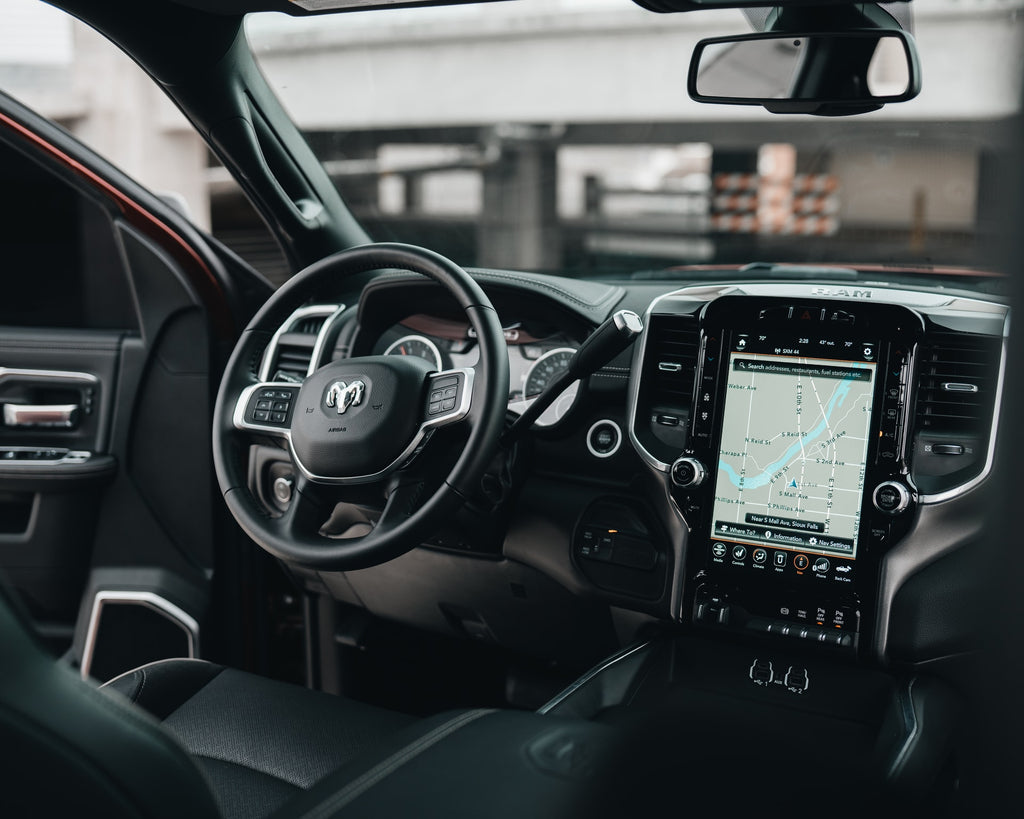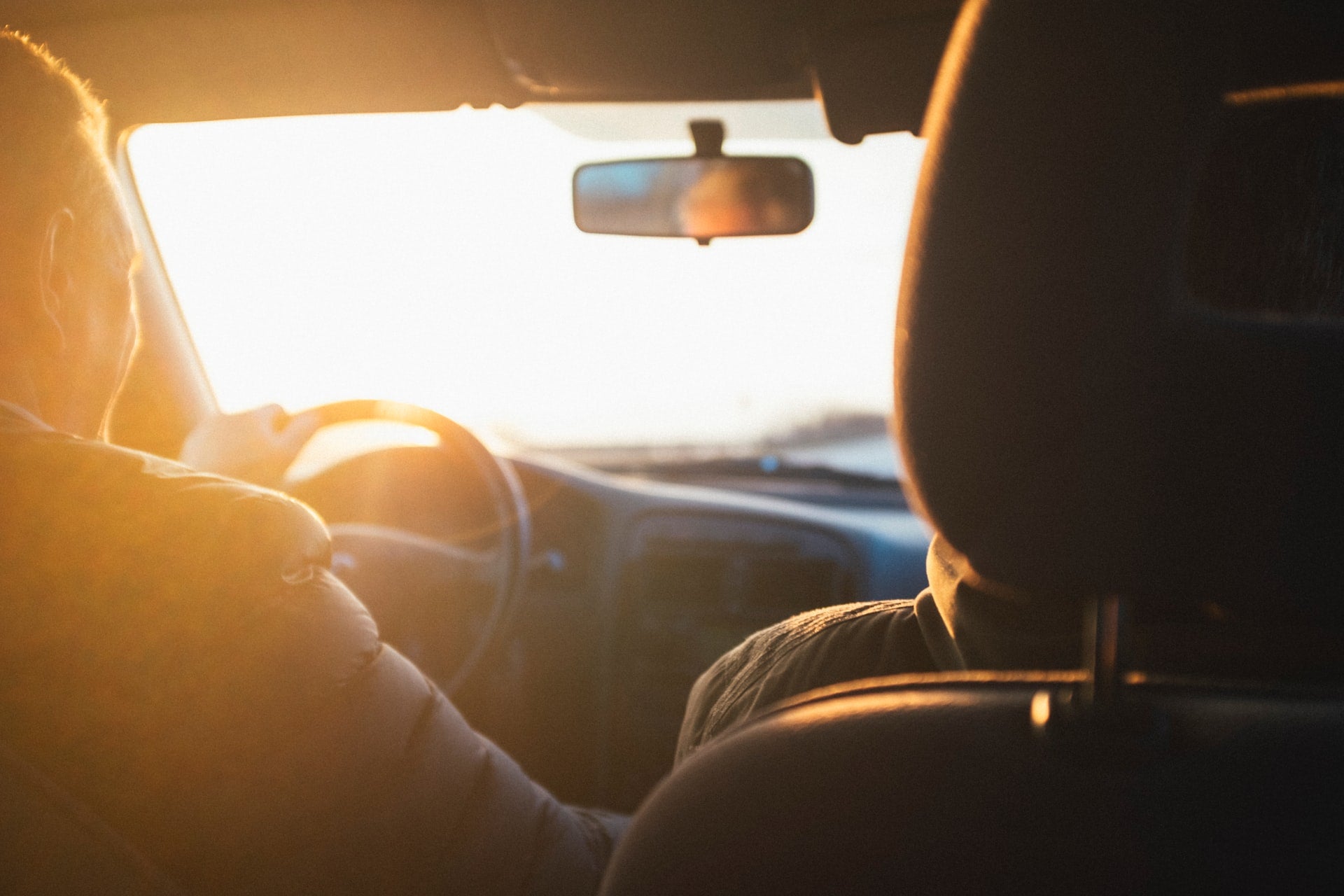It's a simple and effective way to boost your fuel efficiency when driving and save you some hard-earned cash. In fact, travelling at a speed of 50 miles per hour can save you £0.83 for every 6 miles travelled.

RISING FUEL COSTS
Fuel efficiency has never been more relevant than it is today. With the cost of hydrocarbons skyrocketing with the war in Ukraine we have all become more conscious of the amount of fuel we consume over the course of the week.
The spike in diesel and petrol prices made for grime reading as motorists across the country watched the numbers soar upwards daily. And, doing what we can to save fuel on our daily commute has never been more important.
FUEL EFFICIENCY DRIVING

However, there is an even simpler way to save money. If you want to burn less fuel and spend less money at your local forecourt - all you have to do is drive more slowly. Yes, driving more slowly could be the single greatest change you could make to reduce your diesel or petrol bill.
THE BEST SPEED FOR SAVING FUEL

Speaking on RTE Radio's Claire Byrne show during the week, professor Turlough Downes of Dublin City University explained how it works. Downes is a professor in the School Mathematical Sciences. So, it's fair to say he has a way with numbers.
There are a variety of ways your car loses energy as it tries to drive forward on an open road. Amongst these is friction from the tyres carrying the weight of the car. Moving parts within the car itself also play a significant role.
But once you begin to travel at speeds of 80km/hr and greater – the single greatest resistance you experience is air resistance. This happens when the car has to work harder to push through the air it is displacing.
It's a question we get asked regularly - Does driving slower save gas? Does driving slowly reduce fuel consumption? And, Does driving slower save fuel? Well, yes it does.
And, travelling at a speed of 80km/hr (50 miles/hour) will save you a considerable amount of fuel compared to speeds of 100km/hr (62 miles/hour) and 120km/hr (75 miles/hour)
HOW MUCH MONEY CAN YOU SAVE?

Prof Downes explains that to save money by driving slower you need to be on an open road. The savings only apply when you get up to speeds of 50-75 miles per hour.
If you are driving in a town or a city you will be travelling much slower than this. And continually stopping and starting. But, if you are on an open road or better still a motorway – you can save yourself a lot of cash by taking a look at the figures below.
• 120km/hr - €1.73 Fuel Consumed
For simplicity, Downes uses the example of driving a 10km journey. That's about 6.2 miles in British money. He explains that on average a vehicle will consume €1.73 worth of fuel for every 10km travelled at 120km/hr.
• 100km/hr - €1.20 Fuel Consumed
The same journey travelled at 100km/hr will save you €0.53 for every 10km travelled. On average, at today's fuel prices, a vehicle will consume €1.20 worth of fuel for every 10km travelled at 100km/hr.
• 80km/hr - €0.77 Fuel Consumed
And the sweet spot is 80km/hr. The same journey travelled at a reduced speed of just 80km/hr will save you almost €1 for every 10km travelled. On average your vehicle will consume just €0.77 worth of fuel for every 10km travelled at 80km/hr.
READ NEXT
- WHAT IS SPORT MODE IN A CAR?
- 10 TIPS TO KEEP YOUR CAR SAFE AND SECURE
- 13 ESSENTIALS YOU SHOULD KEEP IN YOUR BOOT
So, to answer the questions - Does driving slower save petrol? Do you save fuel by driving slower? Does driving slow save fuel, and does driving slow save petrol? Yes, it does - under the right circumstances. Now you know how to save fuel when driving your car and how to save money on fuel UK.
OTHER TIPS FOR SAVING FUEL WHEN DRIVING

ANTICIPATE THE ROAD AHEAD & BRAKE LESS
If you anticipate the road ahead in a way that safely allows you to brake less – you will conserve fuel. Every time you touch the brakes you are cancelling out energy the engine has already done. Effectively, you are burning fuel to heat the brakes.
Regular use of the brakes and unnecessary use of the brakes means you are burning more fuel than you need be. Ease up on unnecessary brake use and you will save on fuel.
GEAR UP EARLY
Gearing up early and avoiding high revs will reduce your fuel consumption. When a car is generating high revs it is working harder compared to when it is running at low revs. A good general rule of thumb is to gear up at 2,000 rpm in a diesel and 2,500 rpm in a petrol vehicle.
REDUCE WEIGHT
By reducing the weight your car is carrying you reduce the amount of work it has to do to move down the road. Clear out anything that you don't need. Is your boot stuffed with junk you don't need? What about your back seat? You will save money by reducing the load, so get rid of anything that's not essential.
TYRE PRESSURE
Driving with tyres at the wrong pressure level will result in consuming increased levels of fuel. Find out what the optimal tyre inflation vehicle is for your level and keep your tyres inflated to this pressure point. Check them periodically to make sure they're properly inflated. Research has shown that on average a drop of 6 psi in tyre pressure will result in a 20% increase in fuel consumption.
CONSTANT SPEED IS BEST
It is safe to do so you should drive at a constant speed. This won't be an option when driving in an urban area – but does come into play when you are on an open road such as a motorway. If it is safe to do so, put the car in cruise control and tip away at a steady speed. One exception to this is if you are travelling in a particularly hilly area.
AVOID USING THE AIR CONDITIONING
Your air conditioning unit guzzles fuel. Sometimes people have it on without even realising it. Take a look for the familiar AC button on your dashboard and make sure it isn't lit up. It's fair enough to use AC when you need it. But, try and avoid using it when it's not required. Research shows it can account for a 10% increase in fuel consumption.
So, does driving slow reduce fuel consumption? Yes, driving slow saves gas.


